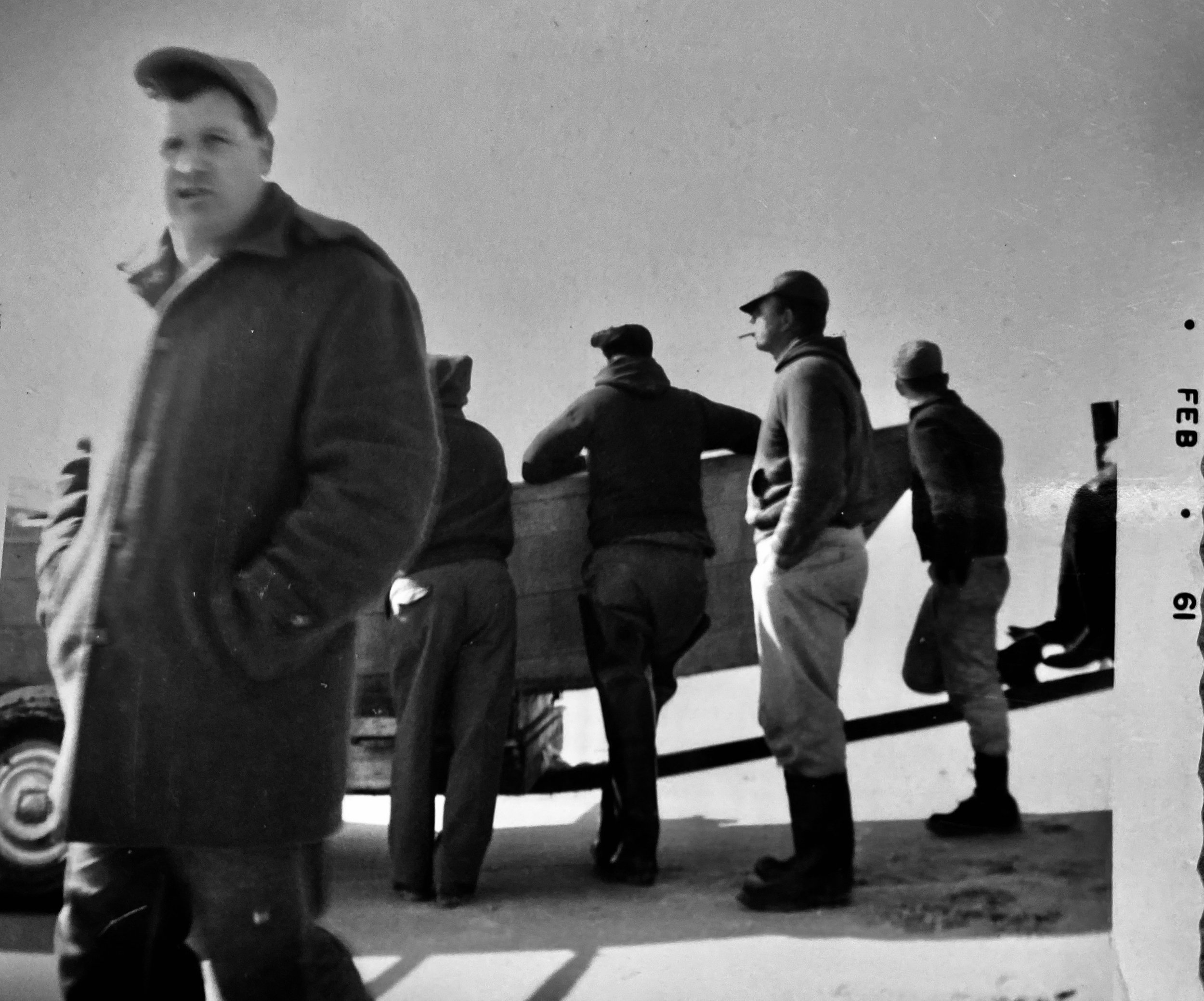Home - a Daughter’s Memoir
My father, Joseph V. Remkus, was a Bayman. He was born in a house on Liberty Street in Sag Harbor 100 years ago. He knew the wind, the tides and the waters. He raised us up with an unwavering love of the East End. This memoir is dedicated to his memory.
We were raised with an expansive sense of home. Not the one with the perfect privet hedge but the ranch house with three small bedrooms that slept eight and sat beside the salty marshland. There were three of us in a bedroom and one dresser. Everything we needed fit safely in one drawer. When it didn’t fit my older sister, then it was mine.
Unless there was work to be done, no one seemed to keep track of exactly where I was, as long as I was home in time for dinner. I spent some hours pulling mussels from the muddy bogs as that had the mightiest pay out of five dollars a bushel. Winters were so cold I skated on the bay with my dog nearly all the way to the other side of the bridge. No one was there to remind me that salty ice often gave way. There was a freedom in being one of many in a time when life didn’t seem quite as fragile. Precious we were to the wind as much as the family that gave us our name.
Many mornings, long before the sun rose, we were on the roller coaster road to Montauk, setting off for daily fishing adventures. Pulling in porgies and whatever else found its way to the end of our lines we spoke very little, never wanting to boast until our catch was safely in the boat. As the noon sun shone overhead we headed to the shipping house sending off our daily catch.
My father was a Bayman who filled our yard with nets, and traps and clam rakes. We grew with a constant wonder of the tides and the wind and the bounty that lived beneath the waves. We learned how to shuck scallops and filet fish, spear eels and scoop up crabs. At lunch my father would spread the table with newspaper and dump a pile of steamers or blue claw crabs into the center. He sent us into the bakery for a round rye with seeds and the family sat around the table sharing the loaves and fishes.
On special nights we would gather friends and family and go off haul seining. He trailered the dory to the perfect spot and rowed out making an arch in the sea with the seine. I can still hear the rhythm of the oars as the boat vanished from our sight. When he finally came to shore we gathered on each side of the net and pulled until we could see the moon reflect off of the silver scales. The salty air and moonlit sky held an uncanny silence. We felt a strong sense of camaraderie as this salty treasure was collected. It was as if we were all part of a small miracle.
There was an unspoken reverence for the sea and its creatures. My father let nothing go to waste. Fish carcasses fertilized our vegetable gardens as he filled our yard with only plants that could find their way to our dinner table; corn, asparagus, tomatoes, peaches, almonds, apples. It seemed more important to him that we learned the tide and the moon cycles, the birds, the trees, and seashells, than other academic pursuits saved solely for the classroom.
Every now and then my brothers, sisters and I tried to watch television, on one of the two snowy channels caught by the rabbit ears on top of the TV. My father would charge into the room, turn off the TV and tell us to get out of the house. If we had finished our chores we would be carving new trails in the woods that seemed deep and mysterious and went on forever. Home became the woods, the marsh, the beach, the boat as well as the small ranch house. We were part of the earth, not a separate entity living on its crust.
My mother, who mended every torn and lost stitch, held us together with a pure and simple love that had no words. Sunday night was waffle night, with cups of tea and Ed Sullivan. My grandparents visited with cherry vanilla ice cream and peppermints, sculpting memories that held fast.
After my grandfather passed my grandmother lived with us for a time. Her days were spent reading the Bible and staring out over the salt marsh. “Thank God for your eyes,” she would say, “that can see all of this beauty.” In the afternoon she would ask for a slice of cheese folded carefully into four pieces and put on Ritz crackers.
Acres of misty potato fields led right to the dunes. When the family gathered we were the only ones to share the ocean beach with the noisy seagulls. The sticky marshmallows and toad catching escapades led to the tanning of our skin and the painting of our souls. In those moments heaven seemed so close to the white sandy beach and the rhythm of the rolling waves. There was a clarity that came with this simplicity, this constant closeness to the bones of the earth.
My father died, as a Bayman should, on the first day of scallop season with his boots on. I inherited his fishing waders and as I pulled them on it was as if we were sharing the same salty skin and love of the sea. There is a pride in living with all of the lessons he taught me, and a strong gravitational force that holds me to this most beautiful place on earth.
My father, Joseph Vincent Remkus, 1913-1979


